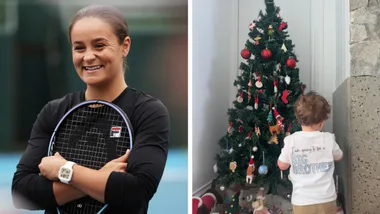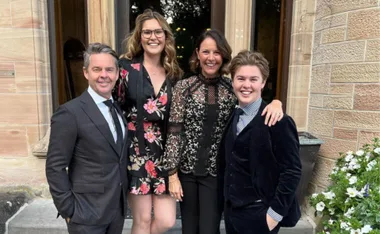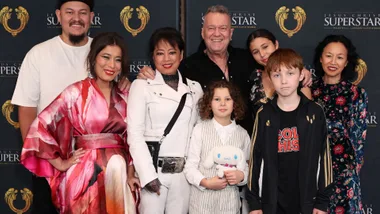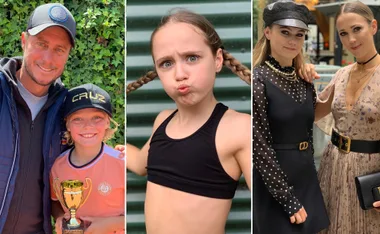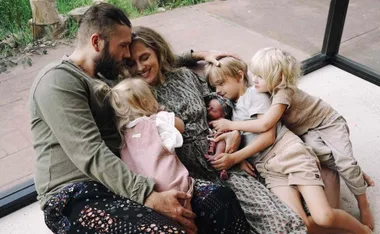Alison Gopnik, PhD, co-author of The Scientist in the Crib and Wondertime advisory council member, says…
“The great ‘why’ period is ages two to four. Very young children are trying to figure out how the world works. They can learn a lot from even simple explanations, as simple as ‘this plant grows because it comes from a seed’. Soon they can provide explanations themselves, so you can say, ‘Why do you think it happens?’ That can tell you what your child thinks about the world, which can be pretty surprising.”
Benard P. Dreyer, GP, developmental-behavioral pediatrician, says…
“When a child asks ‘why’ she often means ‘I’m interested in this’. If the parent answers with an explanation that is too hard for the child to understand, or doesn’t really satisfy her curiosity, another ‘why’ is asked, in order to continue the conversation. Parents often feel anxious when they don’t know the answer. Admit you don’t know and find out together.”
Debbie Kagan, mother of three, says…
“If I don’t answer my 6-year-old, Alex, when he asks ‘why’, it becomes a game – it’s ‘let me see how many times I can ask’. If I give him an answer, he asks for more of an explanation. I’m okay with that. Kids want to learn. Alex wanted to open the microwave. My husband said no. ‘Why?’ ‘You could burn yourself on the hot food’. The next day he told his sister not to go near the microwave because she could burn herself.”


.jpg?resize=380%2C285)
